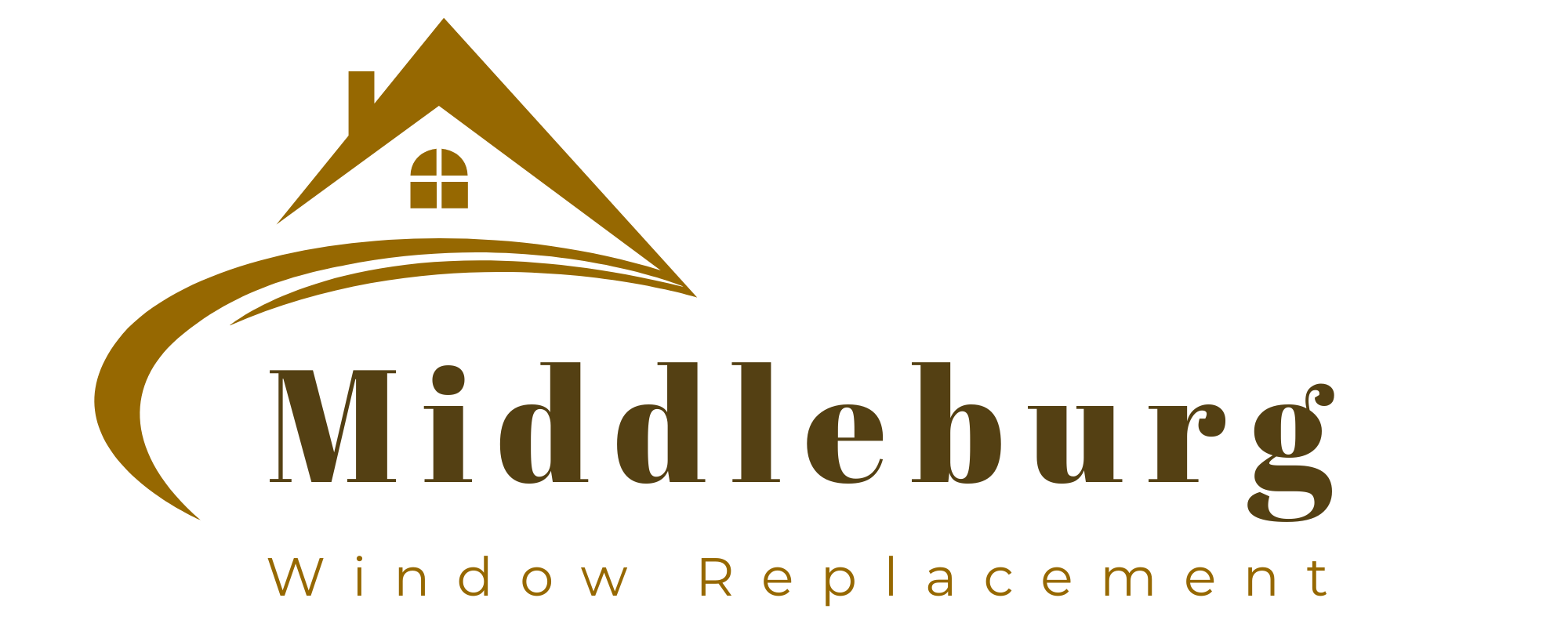
Whether you’re experiencing drafts, high energy bills or need to protect your home from storm damage, a window replacement is an investment. To get the most out of your new windows, consider Energy-efficient windows Middleburg FL.
Energy-efficient windows prevent heat from escaping your home, resulting in lower heating and cooling costs. To achieve this, manufacturers use an insulated glass unit and fill it with a gas such as argon.
Insulation
Keeping the sun’s heat out during summer and your home’s air conditioning in during winter is crucial for lowering energy costs. Insulation plays a big role in that process, so make sure to choose windows with good insulation.
The National Fenestration Rating Council (NFRC) independently tests and certifies windows and skylights for energy efficiency. Their ratings include U-factors (the rate of nonsolar heat transfer), solar heat gain coefficients (SHGC) and air leakage ratings (AL).
A quality frame is another important component in a window’s energy performance. The best frames are made of a thermally non-conductive material such as fiberglass, vinyl or wood. They should also be clad with a weather-resistant finish to protect against corrosion.
For the most efficient double-pane windows, look for ones that use spacers made of a nonmetallic material and have argon gas fills between panes to prevent heat loss. Triple-pane windows are even more insulating and typically use krypton gas in place of argon.
Low-E Glass
During the winter, low-E windows prevent heat loss by reflecting infrared radiation back where it came from. This makes your home warmer without forcing your heating system to work harder. The same window type also limits solar gains during the summer, sparing your cooling system from working overtime.
This energy-efficient feature doesn’t reduce the amount of natural light that can come through your windows, either. It simply reflects some of the sun’s infrared and ultraviolet rays.
The type of low-E glass you choose will depend on your climate and budget. Generally speaking, the best choice is a soft-coating low-E rating. This allows the sun’s short-wave infrared energy to pass through while reflecting interior long-wave heat energy back inside. This will help you save on heating and cooling bills throughout the year. Additionally, the soft coating blocks harmful UV rays from entering your home. This helps protect furniture, curtains, artwork, and carpets from fading over time.
Frame Material
The window frame is instrumental to the energy efficiency of a home. Even the best glass can’t make up for a poor window frame.
Fiberglass and vinyl frames are great insulators and help to prevent heat transfer. They are also durable and affordable. Aluminum frames, on the other hand, are less effective and have a tendency to conduct cold air and hot air.
Wood and clad windows offer superior insulation, but they are also the most expensive. The insulated properties of these windows are worth the price, though, as they can reduce your energy bill significantly.
A low solar heat gain coefficient (SHGC) rating is important to consider. A lower SHGC will block excess sun’s heat from entering your home during the summer, which will decrease your cooling costs. A higher SHGC will let in the sun’s heat, which will increase your energy usage. A low SHGC is a good choice for homes that face west or south-facing windows.
Energy Star Certification
ENERGY STAR certification is a way to guarantee energy efficiency in windows, doors and skylights. The ENERGY STAR label meets performance criteria that exceeds basic building code requirements and varies by climate.
During the winter, ENERGY STAR windows help you to keep your home warmer without using a lot of energy. They also allow in more sunshine during the summer to light up rooms and reduce the need for air conditioning.
The ENERGY STAR label also helps you choose a window that fits your style and budget. Frame material options include wood, aluminum and vinyl. Wood frames are strong and provide good insulation, while aluminum and vinyl frames are low maintenance and durable. Many ENERGY STAR windows have a low visible transmittance rating, which lets in more light, and condensation resistance ratings to limit water buildup inside the window. These features can make your home brighter and more comfortable while protecting floors, carpets and furniture from fading.
